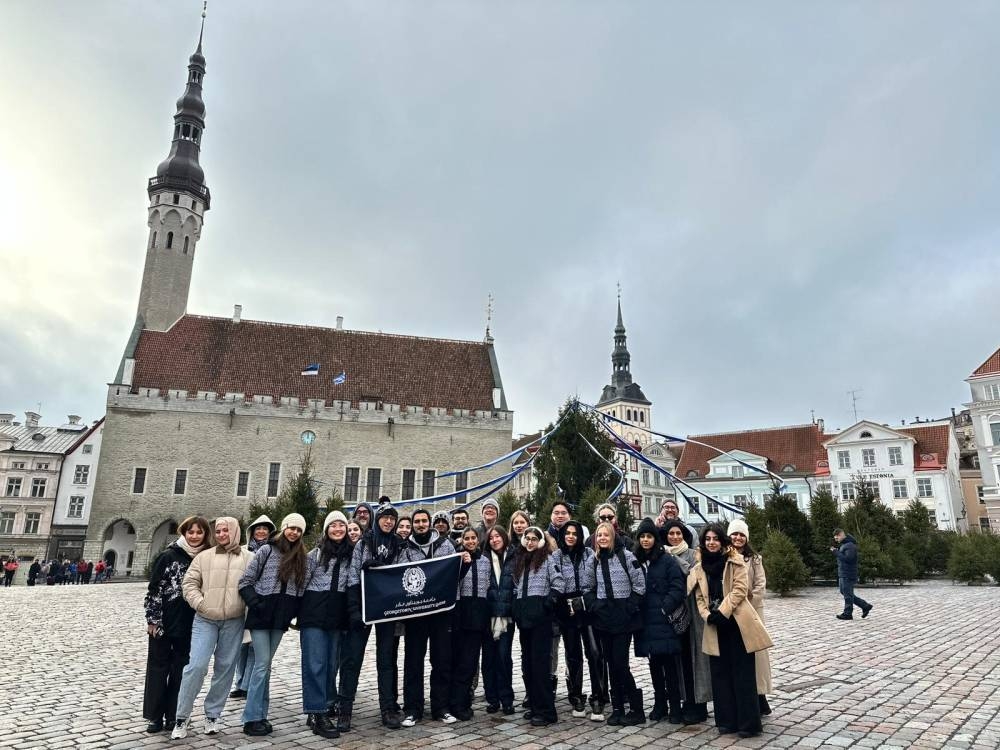Two groups of Georgetown University in Qatar (GU-Q) students expanded their understanding of diplomacy, conflict management, and peacebuilding through real-world global experiences during this spring break.
Students in the women as changemakers experiential course travelled to Washington, DC, building their global networks, witnessing the dynamics of policymaking, and immersing themselves in the history and culture of the city.
The faculty-guided trip aimed to heighten their awareness of women’s historical and contemporary role as changemakers. Students made lasting connections on the Georgetown main campus, with visits to the GU Women’s Centre and Centre for Social Justice.
Interactions with scholars and diplomats, and a visit to the World Bank, highlighted women’s role in global affairs.
The uniquely structured programme offers students of international affairs a global learning experience, explained Dr Christine Schiwietz, assistant dean, Curricular and Academic Advising at GU-Q, who co-led the trip with faculty and staff from GU-Q’s Women’s Centre and the Office of Student Life.
“Teaching our students to embrace their own role in fostering change is an important goal of the programme. The experience bridges their coursework in impactful ways, with opportunities to build camaraderie, understand new cultures, and be inspired to embrace their own strengths as leaders and changemakers,” said Dr Schiwietz.
The Zones of Conflict, Zones of Peace programme offered 15 students studying post-Soviet Eastern Europe trips to Finland and Estonia, immersing them in the process toward peacebuilding and reconciliation.
For International Politics major Iman Nait Chalal, learning different perspectives about the conflict and its aftermath from people who experienced it helped her appreciate the importance of diplomatic communication.
“Meeting and exchanging ideas with all of these diverse, important people, such as members of parliament, people affiliated with Nato, and even students from the University of Helsinki, were the biggest highlights of the trip.”
An intensive programme of activities around the capital cities of Helsinki and Tallinn included engagements with members of parliament, ministry officials, and ambassadors, as well as conversations with students and faculty from the University of Helsinki. Visits to museums and points of historical context further brought to life the region’s past.

A group of students visited Finland and Estonia.
